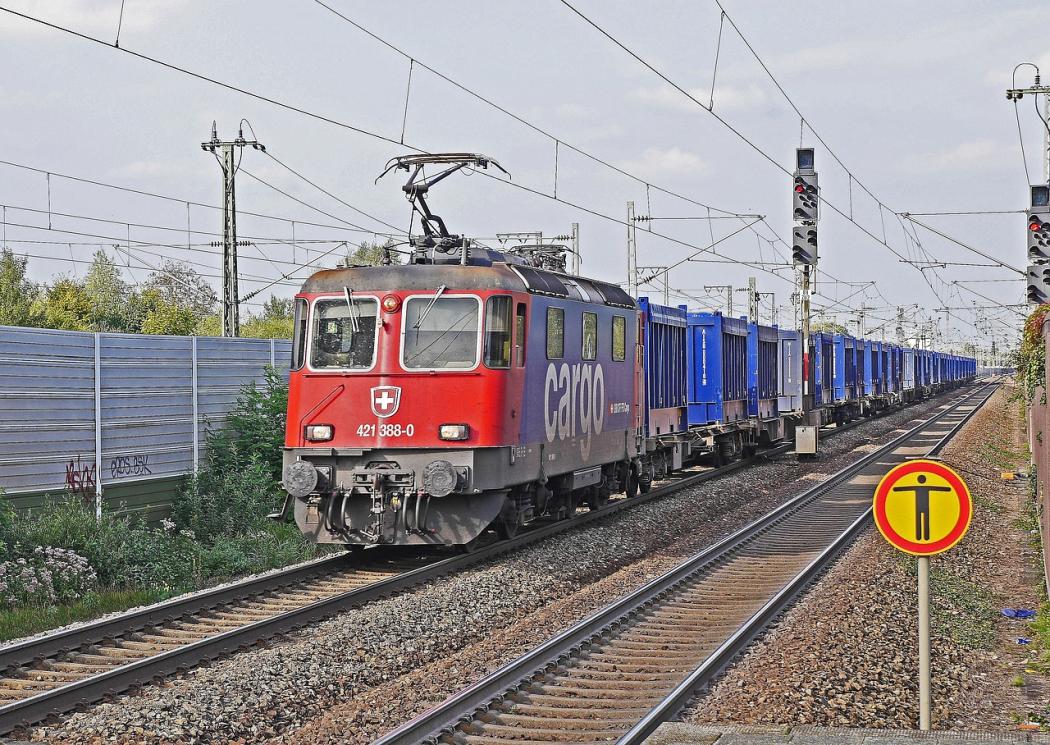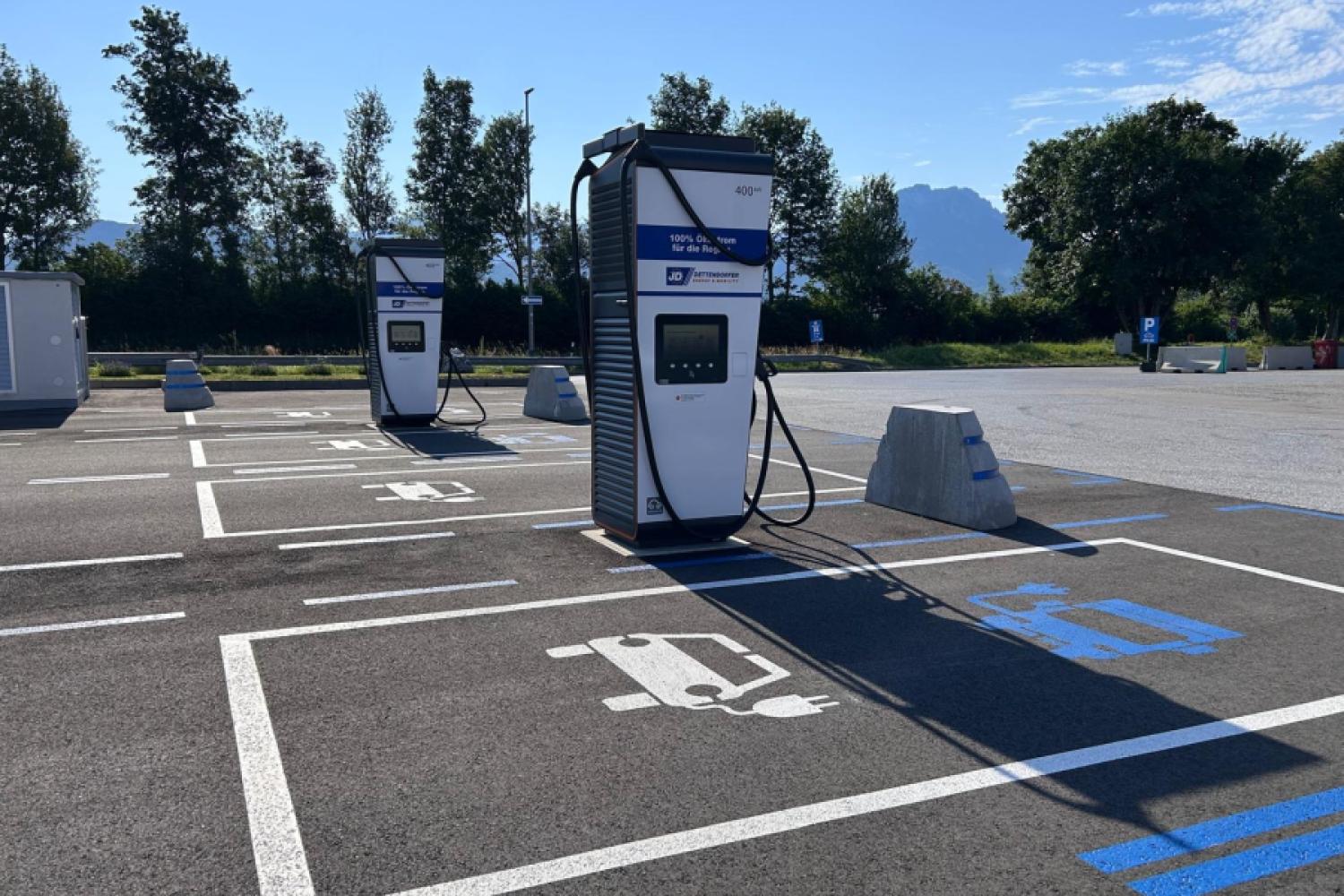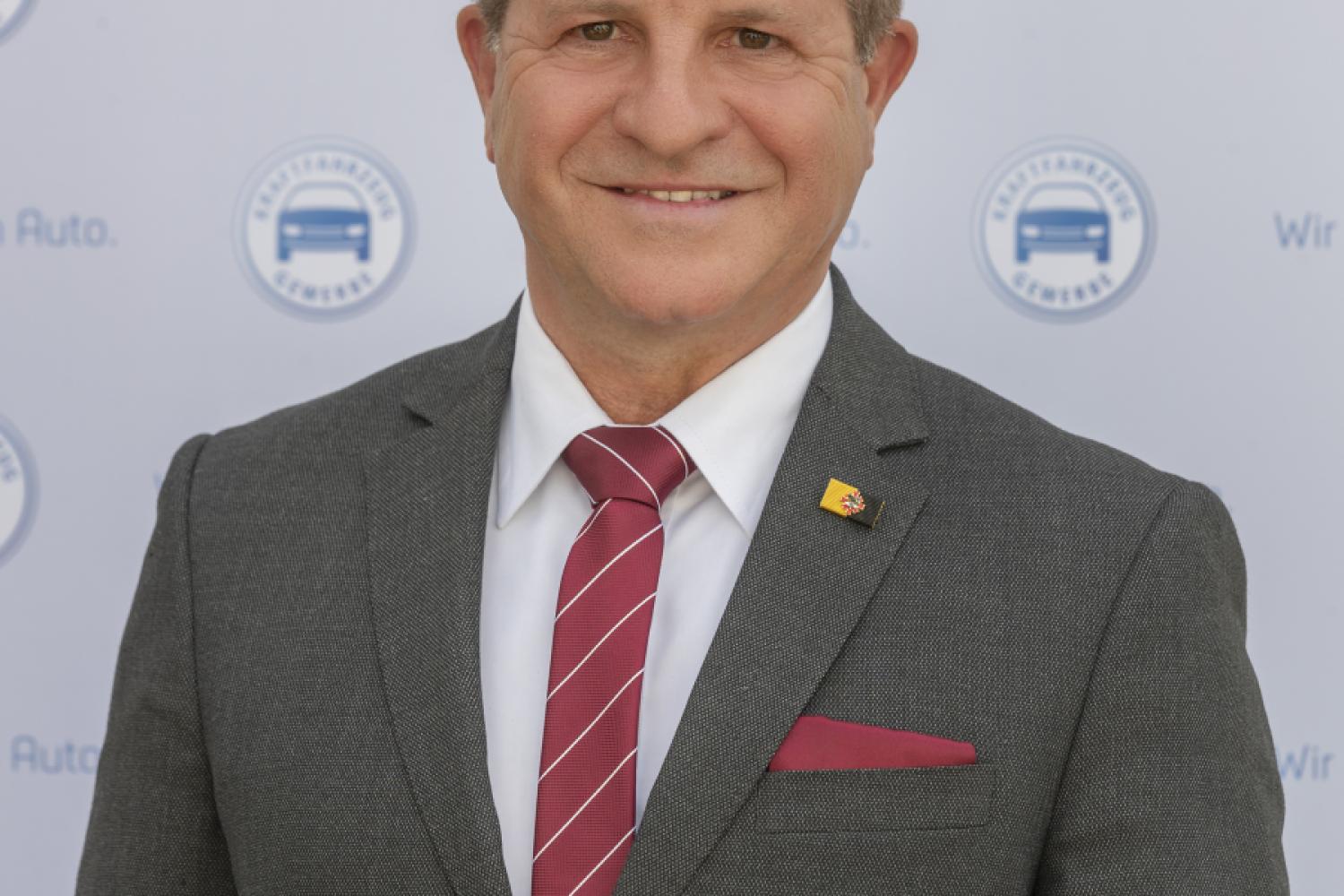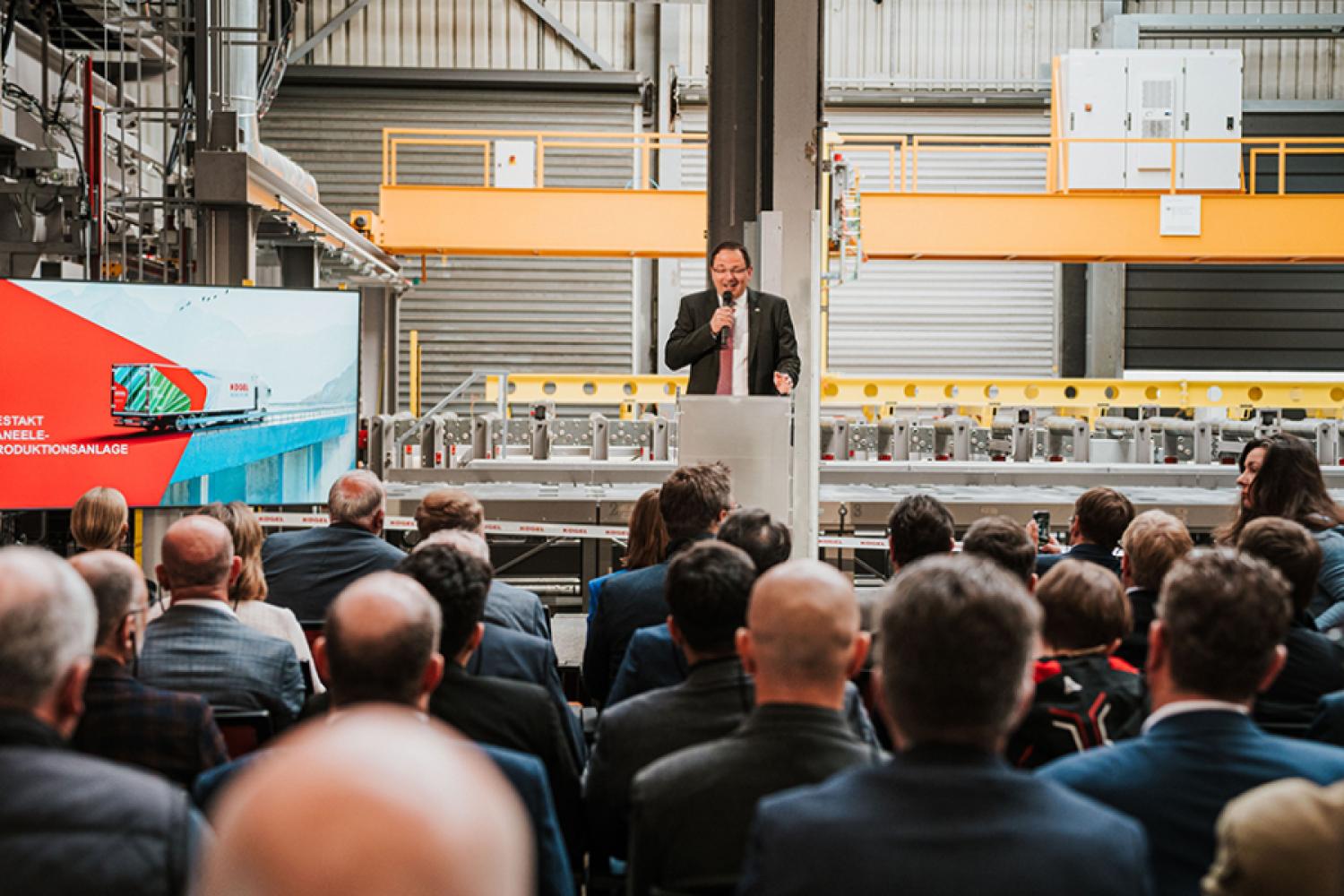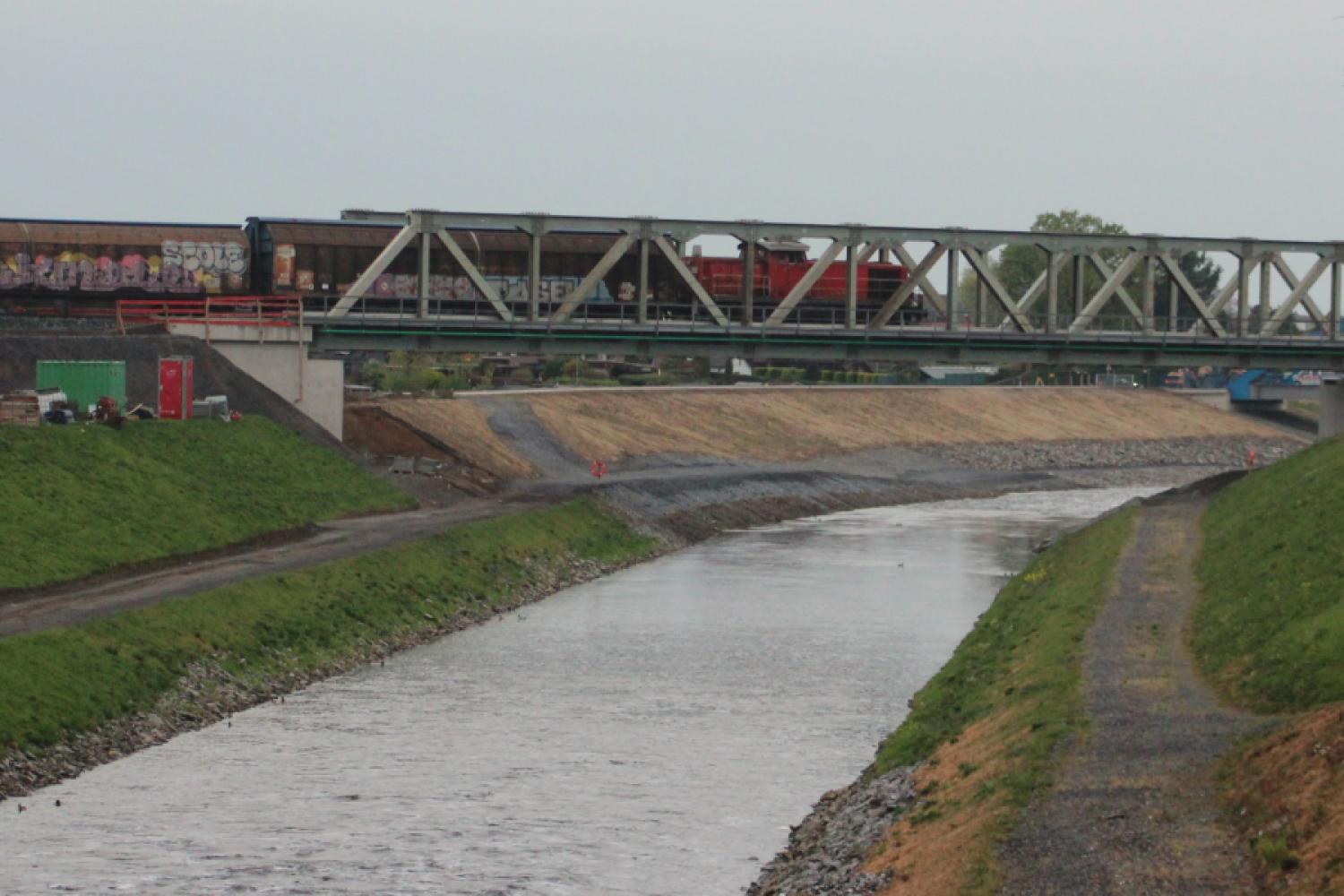The European Transport Workers' Federation (ETF) has sharply criticized the officials of the Brenner Corridor Platform (BCP) in a recent press release for not providing workers' representatives with access to the planning process of the cross-border rail project. Despite repeated requests for discussions, the platform has consistently refused to involve railway employees.
The ETF specifically criticizes that a workshop on the question of operating language in railway traffic was recently announced without the participation of workers' representatives.
"The rejection of the involvement of railway workers who are supposed to operate traffic on the corridor is a dangerous risk that every responsible project must take into account," the statement says.
According to the ETF, the BCP has not responded to written requests for
involvement nor to offers for discussions. Instead, the exchange is limited to subsequent information or purely written communications. This approach is not sufficient for the necessary transparency and social dialogue.
Given the scale of the Brenner Base Tunnel, which many refer to as a "project of the century," it is unacceptable for employees to be confronted with a fully planned project without being able to contribute. The approximately 64-kilometer-long tunnel is expected to significantly accelerate freight and passenger traffic in the Alpine region and is regarded as a milestone for European rail transport.
Especially in cross-border traffic, safety-relevant aspects are central, emphasizes the ETF. In addition to a consistent operating language, binding regulations on working, driving, and rest times, coordinated emergency plans,
and harmonized operating procedures are needed. The tunnel provides the opportunity to implement such standards in a pioneering way across Europe.
"The operating language is a central element for the safety and protection of workers in rail operations. Train drivers must be able to communicate clearly and directly with the infrastructure operator, other railway employees, and in an emergency, also with local rescue forces," the ETF continues.
Unclear communication can have fatal consequences in railway operations.
For the project's success, it is crucial to actively use the experience and expertise of the employees. Only in this way can a safe and socially sustainable transport policy be designed. The ETF therefore calls for the binding inclusion of railway unions from Italy, Germany, and
Austria as representatives of employees in the Brenner Corridor.
The ETF's specific demands include:
- participation in all workshops and relevant forums,
- compliance with national regulations,
- clear guidelines for working time arrangements in cross-border operations according to directive 2004/57,
- harmonized operational and emergency regulations,
- digital recording of working, driving, and rest times,
- appropriate infrastructure at stations for breaks, overnight stays, and train transfers,
- and uniform requirements for training, competence, and language skills.
The ETF points out that, as a recognized European social partner, it has not only the right but also the duty to represent the interests of employees in this major project. The consistent exclusion of workers' representatives not only contradicts the principles of social dialogue but also endangers the long-term success
